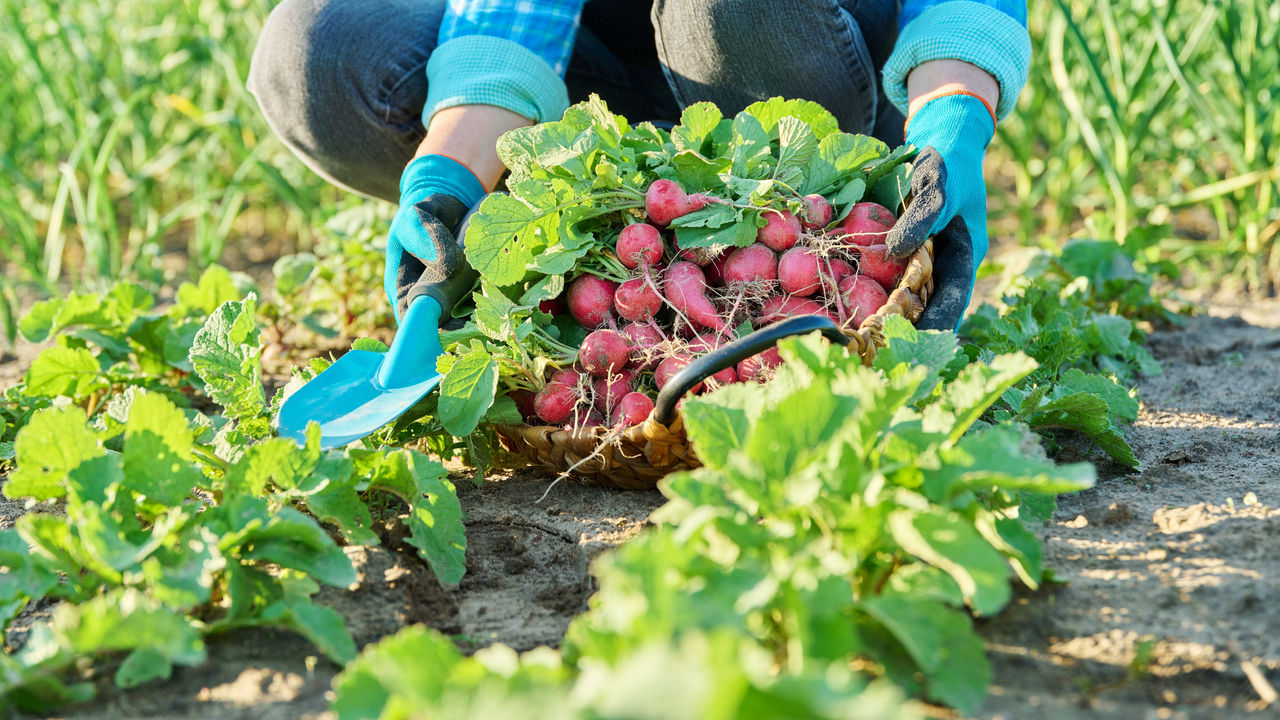The U.S. Department of Labor (DOL) recently released a proposed rule to better protect farm workers on H-2A visas against retaliation, add new protections for worker self-advocacy, make foreign labor recruitment more transparent and enhance the department's enforcement.
The H-2A visa program is for seasonal jobs in agriculture, while the H-2B program is for seasonal jobs outside of agriculture.
The proposed rule would make new wage rates applicable immediately upon their publication in The Federal Register, rather than weeks later, to ensure that agriculture workers are paid the most up-to-date wages as soon as possible. Employers that fail to provide adequate notice to workers of a delay in their start date would have to pay workers the applicable rate for each day that work is delayed for up to 14 days.
The proposed rule, announced Sept. 12, would clarify that an employer terminates a worker only "for cause" when the worker either fails to meet pre-specified productivity standards or fails to comply with employer policies after the employer applies a system of progressive discipline. The proposal would establish six conditions to terminate a worker for cause, including that the employee has been informed of, or reasonably should have known, the employer's policy, rule or productivity standards.
"Farm workers are vital to our farmers, our food supply and our communities," said Acting Labor Secretary Julie Su. "This proposed rule would strengthen protections for H-2A farm workers who are particularly vulnerable to labor abuses, empower them to advocate for fair treatment and ensure that their employment does not depress labor standards and undercut domestic farm workers."
The public can submit comments on the proposed rule for 60 days after it's published in The Federal Register.
We have gathered a collection of articles on the news from SHRM Online and other trusted sources.
Reforming Agriculture Workforce Protections
The proposal would reform the H-2A visa program, under which hundreds of thousands of immigrants, mostly from Mexico, take on seasonal jobs in the U.S. agriculture industry.
The proposal would make it easier for labor unions to contact H-2A workers and protect them from retaliation. The workers would be allowed to have visitors, including those from labor groups, in employer-provided housing.
The rule would require farmers who employ H-2A workers to provide seat belts on vans that are used to transport workers long distances. Transportation accidents are a leading cause of death for farm workers, according to the DOL.
Right to Organize
For workers not protected by the National Labor Relations Act, the proposed rule would require employers to provide a list of workers to a requesting labor organization, permit workers to designate a representative to attend any meeting between a worker and the employer where the worker reasonably believes that the meeting may lead to discipline, and prohibits employers from holding captive audience meetings unless the employer provides certain information to ensure that such meetings are not coercive.
The proposal would require employers seeking to hire H-2A workers to provide a certification to the DOL that the employer will bargain in good faith over the terms of a proposed labor neutrality agreement with a requesting labor organization or will explain why they will not do so.
(AG Daily)
Call for More Protections
In November 2022, the DOL issued new regulations amending the H-2A visa program, changing how prevailing wages are formulated, modernizing how the application and certification process is conducted, and improving standards for employment conditions. The new regulations require electronic filing of applications. The DOL will treat employers that operate jointly as such even if they don't file H-2A applications together and broaden liability for all employers in the shared employment relationship. Employers must provide housing that meets federal safety standards or place workers in rental or public accommodations at no cost to H-2A workers.
Foreign guest workers who use the H-2A and H-2B temporary visa programs need better labor protections, according to experts who testified before the U.S. House Subcommittee on Workforce Protections on July 20, 2022.
Daniel Costa, director of immigration law and policy research at the Economic Policy Institute in Washington, D.C., said that the U.S. government is failing to meet basic labor standards and provide basic rights to workers in the growing H-2A and H-2B visa programs.
(SHRM Online and SHRM Online)
New California Law on Farm Workers
In September 2022, California Gov. Gavin Newsom signed a law establishing new ways for farm workers to vote in a union election under the Agricultural Labor Relations Act (ALRA), including options for mail-in ballots and authorization cards submitted to the California Agricultural Labor Relations Board, in addition to the existing in-person voting process.
For agricultural employers found to have committed unfair labor practices, the law imposes civil penalties of up to $10,000 for each violation and up to $25,000 for cases where the employee suffers serious economic harm.
In December 2022, California's Agricultural Labor Relations Board published information on the new law and a portal for employers to register a Labor Peace Compact, in which the employer agrees to act neutrally with respect to unionization.
(SHRM Online and SHRM Online)
An organization run by AI is not a futuristic concept. Such technology is already a part of many workplaces and will continue to shape the labor market and HR. Here's how employers and employees can successfully manage generative AI and other AI-powered systems.




